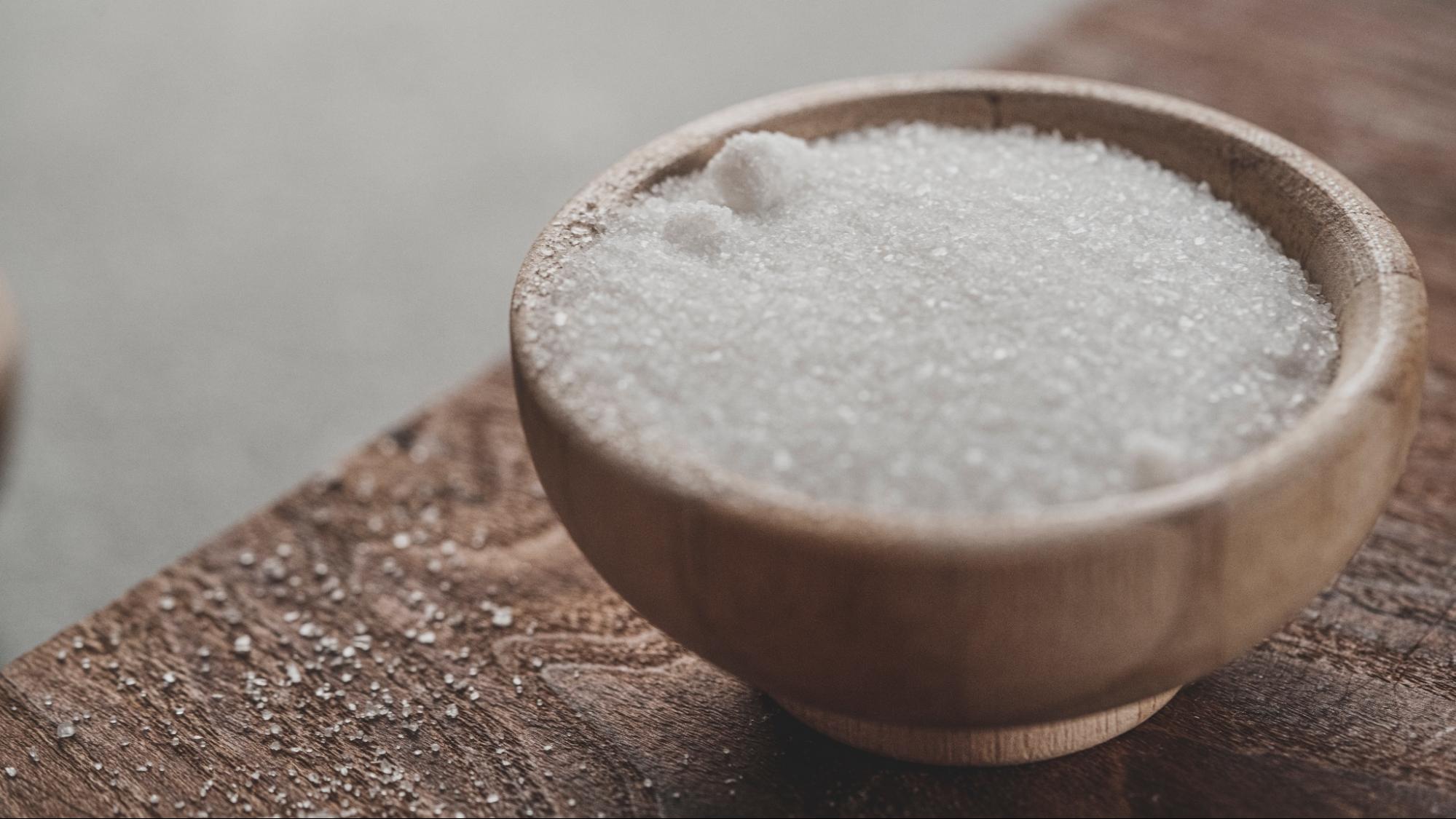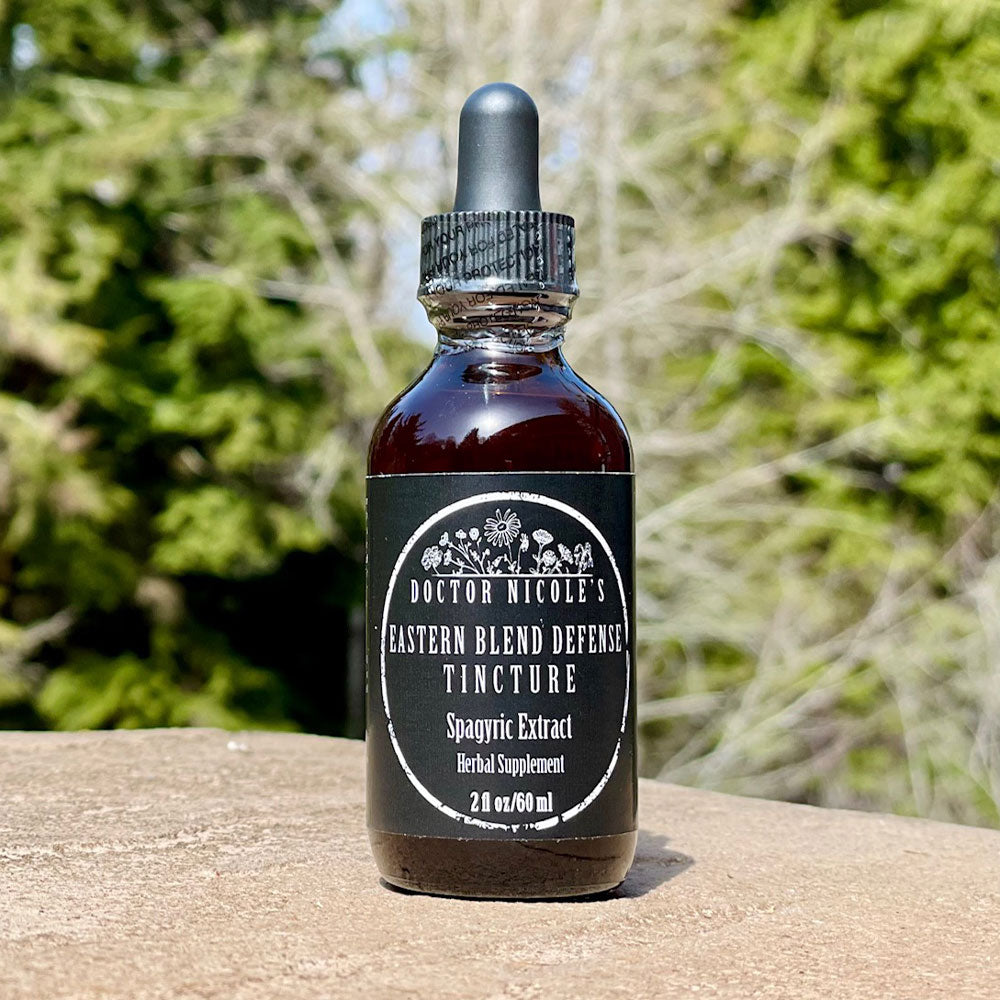Study Challenges Long-Held Beliefs About Aging and Metabolism
I think for many of us there is a tendency to blame weight gain on aging, and yet it appears this really isn’t the culprit at all. A recent study has found that middle age doesn’t contribute to a slowing of metabolism and packing on the pounds. Challenging the long-held belief that metabolism naturally slows down as we age, the researchers discovered that our ideas about age-related weight gain are actually false. This is good news for those in the middle age camp! Now I know there are those of you who may be thinking, But when I hit my 40s, I began to gain weight for no reason! Some attribute this to less physical activity and a decline in muscle mass, but the team discredited this theory as well. Keep reading for the details of the full study and why, despite these findings, you may have experienced creeping weight gain in your 40s and beyond — and what to do about it.

The Middle Age Weight Gain Blame Game
Research published in the journal Science1 studied a database of over 6,400 people ranging in ages 8 days to 95 years, which spanned 29 countries worldwide. The participants were given water to drink where part of the hydrogen and oxygen were replaced with traceable isotopes. This allowed the team to calculate how much oxygen and hydrogen were lost per day, while also measuring the level of carbon dioxide produced by the body each day. Ultimately, this is a precise measurement of how many calories are burned because you cannot burn a calorie without creating carbon dioxide. They then analyzed and adjusted for each person’s energy expenditures, from breathing and digesting food to movement and brain power. The researchers also accounted for declining activity levels and muscle mass as people entered into their 60s,70s and beyond.
Interestingly, they found that metabolic rates did not spike during the teenage years or pregnancy, nor were there differences between men and women after the team adjusted for body size and composition. Previously held ideas about metabolism no longer held true, leading the researchers to conclude that weight gain after the age of sixty is attributed to the fact that “our cells are actually changing”.2
So what about weight gain around middle age that so many experience? According to this research, it isn’t due to a decline in metabolism. While each person is unique in their physiology, several underlying factors may be to blame. Let’s explore a few.

Poor Blood Sugar Management
As we age, it can become increasingly difficult to maintain healthy blood sugar levels due to insulin resistance (where cells have a difficult time utilizing glucose). Anytime we consume more sugar than our cells can use, it will turn to fat.3
To avoid blood sugar issues, make sure you are getting enough exercise —aim for at least 3 hours per week. Consuming a diet rich in fruits, vegetables, whole grains, and fatty fish; avoiding processed foods and treats; and eliminating sugary beverages (including sodas and fruit juice) are excellent methods for improving glucose metabolism and avoiding weight gain. Our Heart Health Blend tincture is also an outstanding option for keeping blood glucose levels within a healthy range.
Hormonal Fluctuations
If you find you tend to gain weight as you become older, your hormones may be to blame. With menopause especially, women often complain about weight gain — about 1.5 pounds a year through their 50s. However, as we have seen in the study above, hormones aren’t necessarily to blame — researchers believe this time just happens to coincide with a genetic propensity towards weight gain and overall aging factors.
However, there is one hormonal disruption that is known to cause weight gain: HPA axis dysfunction, otherwise known as “adrenal fatigue”. This is when you experience abnormal cortisol secretion, either high levels or low. The condition is typically triggered when you are under ongoing stress, have experienced emotional trauma, eat a poor diet, or habitual negative thinking. Fatigue, brain fog, irritability and mood swings, hair loss, and craving sweet and salty foods are symptoms of the disorder. When your cortisol is high, you are more likely to experience weight gain as it is a fat-storing hormone.
If this describes you, stress management, gratitude, getting plenty of rest, a healthy, whole-food diet, and gentle exercise are exceedingly important. See my post, “The True Cause of Adrenal Fatigue — And How to Heal It” for more information. Our Anxiety & Stress Blend is also an excellent option for soothing the stress response and bringing cortisol levels back to normal.
Disease-Related Inflammation
For those with autoimmunity, Lyme disease, or an ongoing bacterial or viral infection — you may find weight gain accompanies other symptoms. Why? It all comes down to inflammation and hormonal disruptions. A case in point is Hashimoto’s, an autoimmune disorder that impacts the thyroid gland. When this gland does not produce enough thyroid hormone, it leads to slowed metabolism and weight gain.6 Another example is lupus. Inflammation and fluid retention are two common symptoms, which in turn contribute to excess weight. The same can be said for Lyme disease and chronic bacterial or viral infections.4,5
Where To Go From Here
If you have been diagnosed with an autoimmune disorder, Lyme disease, an ongoing bacteria or viral infection, or struggle with unexplained weight gain, my blog is an outstanding resource that will give you the tools to address the underlying condition. My book, The Holistic Guide to Wellness also has detailed protocols for autoimmunity, Lyme disease, general weight loss, and more.
Seeking additional support? I have you covered! In my apothecary I carry a range of concentrated herbal extracts for Lyme disease, blood sugar support, and bacterial and viral infections. These include our Heart, Blood Pressure & Blood Sugar Bundle, Mushroom Trio, Heart Health Blend, and Eastern Blend (formulated for viruses and Lyme Disease). These powerful formulations contain specific botanicals to reduce inflammation, manage blood glucose levels, and tackle bacterial and viral infections.
Are you ready to take charge of your health and weight? Our tinctures can help! Visit the apothecary today to learn more.
All my best to you,
Nicole Apelian
Nicole’s Apothecary Products in this Post
References
-
- 1. Pontzer, H., Yamada, Y., Sagayama, H., Ainslie, P. N., Andersen, L. F., Anderson, L. J., Arab, L., Baddou, I., Bedu-Addo, K., Blaak, E. E., Blanc, S., Bonomi, A. G., Bouten, C. V. C., Bovet, P., Buchowski, M. S., Butte, N. F., Camps, S. G., Close, G. L., Cooper, J. A., Cooper, R., … IAEA DLW Database Consortium (2021). Daily energy expenditure through the human life course. Science (New York, N.Y.), 373(6556), 808–812. https://doi.org/10.1126/science.abe5017
- “Metabolism in adulthood does not slow as commonly believed, study finds”, NBC Health News, August 12, 2021. https://www.nbcnews.com/health/health-news/metabolism-adulthood-does-not-slow-commonly-believed-study-finds-n1276650
- “Insulin and weight gain: Keep the pounds off” Mayo Clinic. https://www.mayoclinic.org/diseases-conditions/diabetes/in-depth/insulin-and-weight-gain/art-20047836
- Shor, S., Green, C., Szantyr, B., Phillips, S., Liegner, K., Burrascano, J. J., Jr, Bransfield, R., & Maloney, E. L. (2019). Chronic Lyme Disease: An Evidence-Based Definition by the ILADS Working Group. Antibiotics (Basel, Switzerland), 8(4), 269. https://doi.org/10.3390/antibiotics8040269
- Gregor, M. F., & Hotamisligil, G. S. (2011). Inflammatory mechanisms in obesity. Annual review of immunology, 29, 415–445. https://doi.org/10.1146/annurev-immunol-031210-101322
Dunn, D., & Turner, C. (2016). Hypothyroidism in Women. Nursing for women’s health, 20(1), 93–98. https://doi.org/10.1016/j.nwh.2015.12.002









